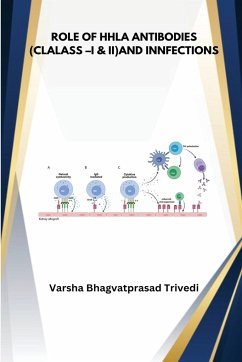Chronic kidney disease is iceberg in the world, particularly in developing countries. Progressive chronic kidney disease leads to end-stage renal disease. The end-stage renal disease occurs when the kidneys are no longer able to function at a level that is necessary for day-to-day life. Either dialysis or kidney transplant is the mode of treatment. There is an acute need to increase kidney transplant to offer a better life to end-stage renal disease patients. Access to dialysis and kidney transplant in the developing world is limited because of a shortage of organ, affordability and very expensive treatment for a lifetime. Hence, optimizing renal allograft survival is essential. Health care between urban and rural populations is different due to disparities in wealth and literacy. The most common causes of kidney disease in India in both men and women are diabetes and hypertension. This study aimed to evaluate clinical outcomes and identify poor prognostic factors in the renal transplant at the institute of kidney diseases and research center (IKDRC), Ahmedabad. Antibody-mediated and viral infections lead to rejection. The rationale of the present study was to understand the different mechanisms involved in the molecular pathways of rejections. The study was designed with two main objectives in mind to understand the causes of rejections in spite of best HLA matching. Also, there is a need to address problems involved in kidney transplants like morbidity, rejections, infections and long term survival of the graft
Hinweis: Dieser Artikel kann nur an eine deutsche Lieferadresse ausgeliefert werden.
Hinweis: Dieser Artikel kann nur an eine deutsche Lieferadresse ausgeliefert werden.








